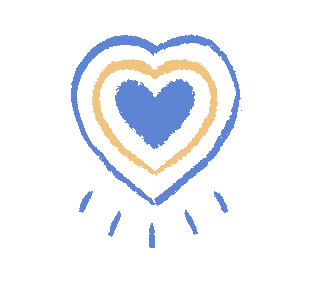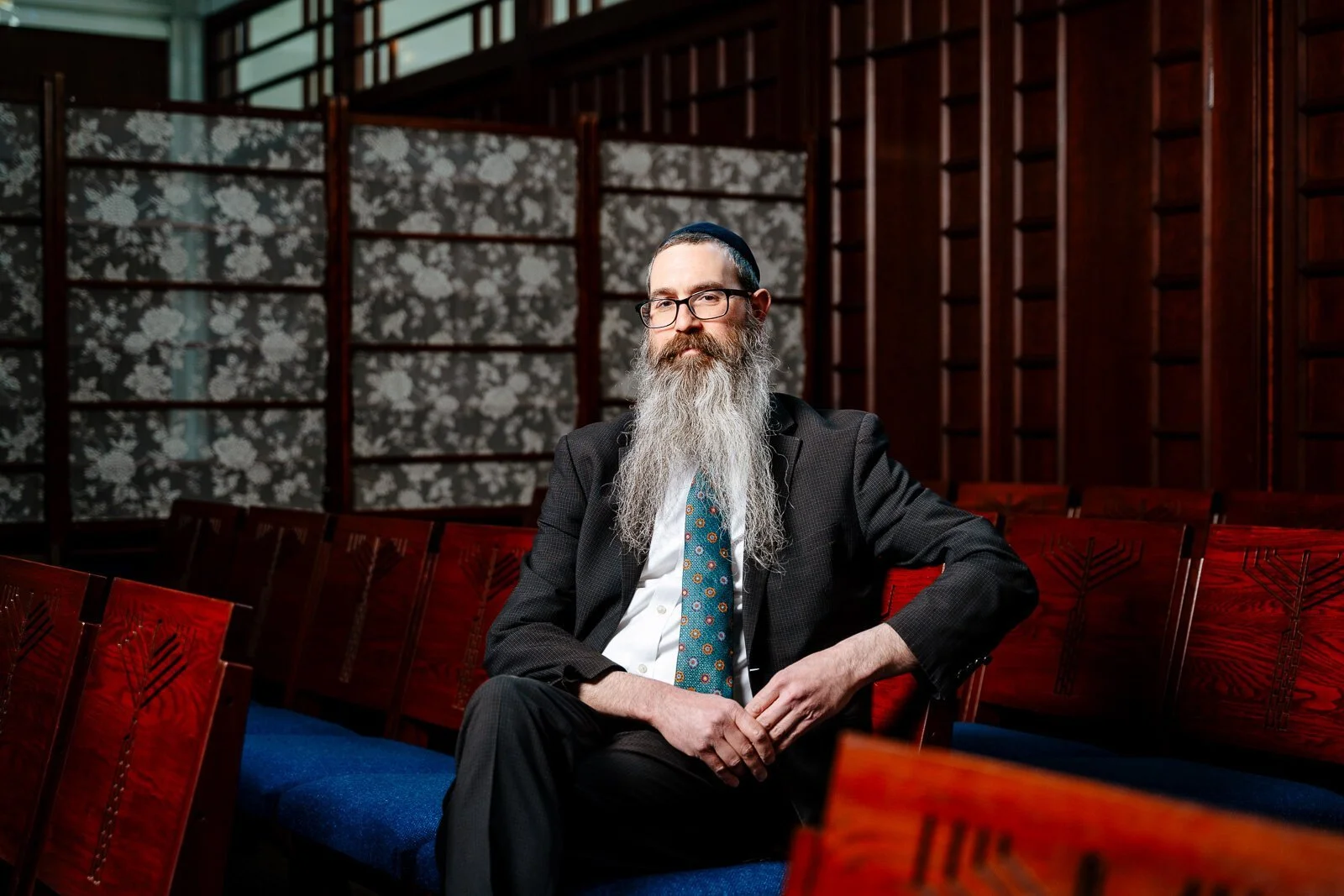Behavioral Health Training Initiative
OUR MISSION
The Behavioral Health Training Initiative by Chabad Lubavitch of Michigan aims to transform the lives of tens of thousands of residents across Michigan.
Through our collaborative network of communities statewide, we guide, inspire and educate.
OUR GOAL
Using the eternal values of Judaism to support countless minds, enhancing countless lives.

Nourish & Nurture
16 Iyar 5785 | May 14, 2025 | West Bloomfield

-
Shluchos & Mechanchos
Registration is Open
-
Professionals
Apply now to join the
Creating Community Alliances: Networking Luncheon
Guest speaker
Sarah Raskin
Sarah Raskin is the co-founder and director of Beth Chabad CSL, a prominent Chabad Center in Côte Saint-Luc, Quebec. Alongside her husband Rabbi Mendel Raskin, she established the organization in May 1986.
Under the Raskins' leadership, Beth Chabad CSL has provided Jewish education and programming to thousands of people, catering to diverse age groups and backgrounds.
Sarah Raskin personally plays a significant role in promoting Jewish awareness and education in her local community and beyond through her sought-after classes, one-on-one counseling and mentorship. Sarah dedicates much time to train and guide leaders in her community who are in a position of Jewish influence such as camp counsellors and adult volunteers.
Sarah is passionate about Taharat Hamishpacha and supporting Jewish families in sustaining healthy and happy marriages and is an extraordinary Kallah teacher and mentor for many couples and individuals.
West Bloomfield synagogue will train Jewish leaders on providing behavioral health support
This article is part of State of Health, a series about how Michigan communities are rising to address health challenges. It is made possible with funding from the Michigan Health Endowment Fund.
As a Jewish community leader, Rochel Leah finds herself fielding a variety of requests for help from her community – sometimes including providing behavioral health support.
"We're all just out there on the front lines. Getting that support and knowing what we should be thinking about and knowing we aren't alone is very important," Leah says. "The more tools we have, working with so many people at different important times in their life, we want to have what we need to support them in the best possible way."
A new initiative at The Shul in West Bloomfield Township, where Leah works as a youth educator, seeks to provide more tools for Leah and numerous other Jewish leaders to better offer behavioral health support to their community. In August 2023, staff at The Shul (another term for a synagogue or temple) received a $200,000 Michigan Health Endowment Fund grant to create a Behavioral Health Training Initiative (BHTI). The BHTI will provide additional training to leaders throughout 40 of The Shul's partner organizations to better address the behavioral health needs of congregants who turn to their faith leaders for support. In order to extend the reach of this training, staff is planning a retreat for clergy leaders to connect with one another, as well as local behavioral health professionals.
Rabbi Yudi Mann, publications director at The Shul, explains that the initiative's aim is not to turn clergy members into health experts, but to "bring them up to par" when it comes to recognizing behavioral health issues in community members.
"This is to instill a much deeper understanding, throughout our network, of behavioral health," Mann says. "There's a lot of work being put into this and we're very excited."
Staff at The Shul have formed a committee to determine which behavioral health topics to emphasize in the upcoming retreat. They've also connected with local health systems to bring in behavioral health professionals to host panels and provide information on local resources that clergy members can bring back to their own communities. Mann says that bringing religious community leaders together to share one space through the retreat is one way The Shul hopes to "enhance the community's strength."
"We want to be able to ... prevent issues from becoming extremely severe," Mann says. "By training the clergies, we'll be able to better identify and point out issues in the community."
Itty Shemtov, The Shul's director of education, has been working alongside Mann to gauge interest and invite community leaders to the retreat. She explains that a focus of the initiative is to directly impact women in leadership positions throughout the community. Having access to behavioral health information can impact many different populations that Jewish community leaders serve.
"These are community leaders involved in preschool to high school, adult education, [and] religious services. We want to celebrate our opportunities and maximize what we are able to offer," Shemtov says. "Our goal is to help our leaders celebrate their own successes and equip them to take it up a notch."
Our Programs
-

Team Wellness
Keeping Our Leaders Strong
We ensure our team is well-cared for with days of learning and networking.
-

Outreach Events
Supporting Our Network
Our cornerstone is to provide high-quality courses to teach and inform.
-

Clinical Guidance
Learn From Experience
Networking events with wise and experienced mental health clinicians who work with the local communities.
-

Community Resources
Utilizing Existing Infrastructure
Connecting with organizations that provide assistance for those in need.
Our Numbers
33
Communities In Our Network
130+
Community Leaders
Our Centers





















